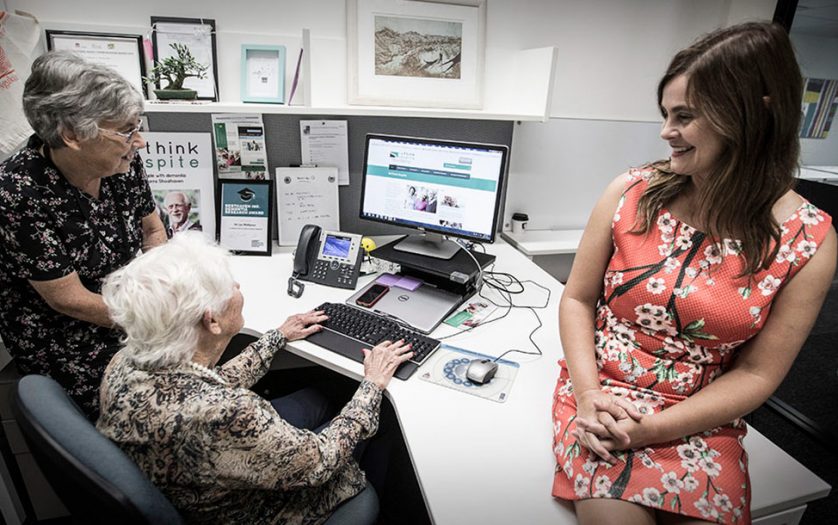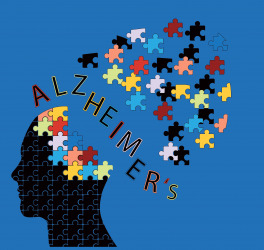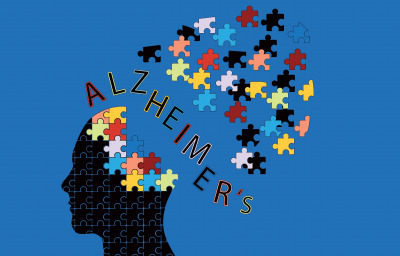
New ways of understanding how best to create communities that support the needs of people with dementia are to be developed by University of Wollongong (UOW) researchers.
Dementia Australia has announced a grant of $365,000 over two years to Associate Professor Lyn Phillipson from the School of Health and Society and the Australia Health Services Research Institute at UOW.
The grant will fund ways to evaluate what works – and what doesn’t – when it comes to creating a community that is supportive and inclusive of people with dementia, their family and their carers.
It will use evidence from six in-depth case studies, including Australia’s first dementia friendly community, which Dr Phillipson helped to create in Kiama.
“While Dementia Friendly Communities have been promoted as an effective approach to support wellbeing, there is a lack of available data to test this,” Dr Phillipson said.
“This research will support the development of a national evaluation framework and the conduct of local case studies to establish the factors that produce positive outcomes for people living with dementia and their carers in Australia.
“It will also establish the resources needed to create and sustain dementia friendly communities.”
Professor Phillipson is a multi award-winning public health academic who began her career as a physiotherapist working in aged and dementia care.
Driven by a passion for community empowerment, she returned to study over a decade later, culminating in her PhD research which explored the factors influencing the use of respite services by carers of people with dementia.
There are an estimated half a million Australians living with dementia and almost 1.6 million people involved in their care.
Dementia is the leading cause of disability in Australians aged over 65 years yet remains one of the most challenging and misunderstood conditions.
Dementia Australia runs a grant program using money donated by members of the public and by private and philanthropic organisations.
Currently 85 per cent of all funding received goes directly to the Dementia Grants Program, with the remainder used for the communication of research and for managing the grants program.








